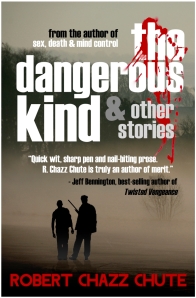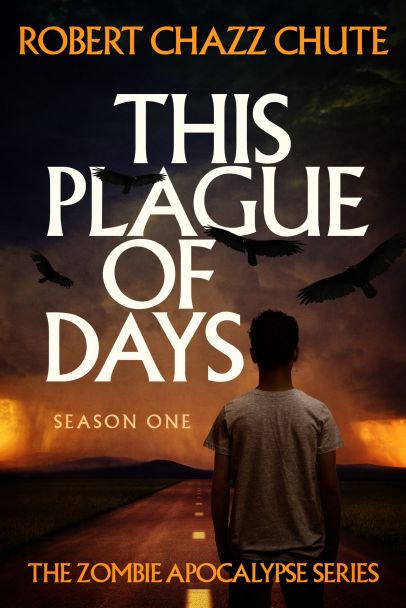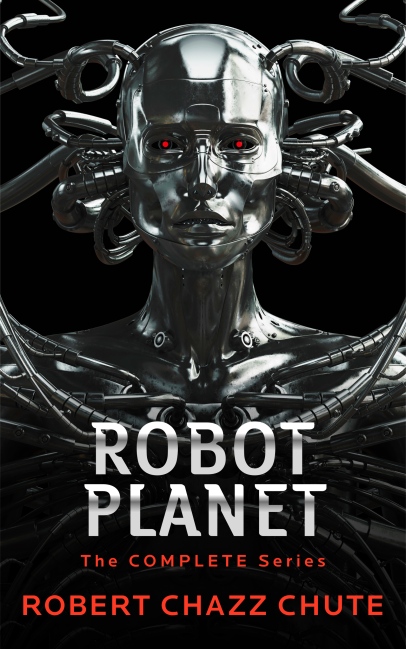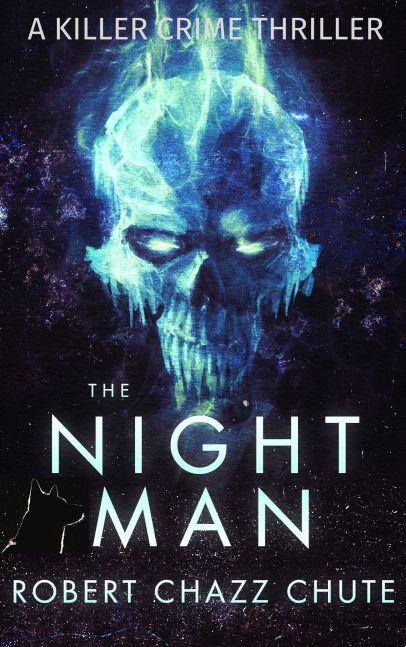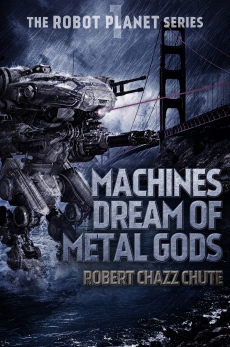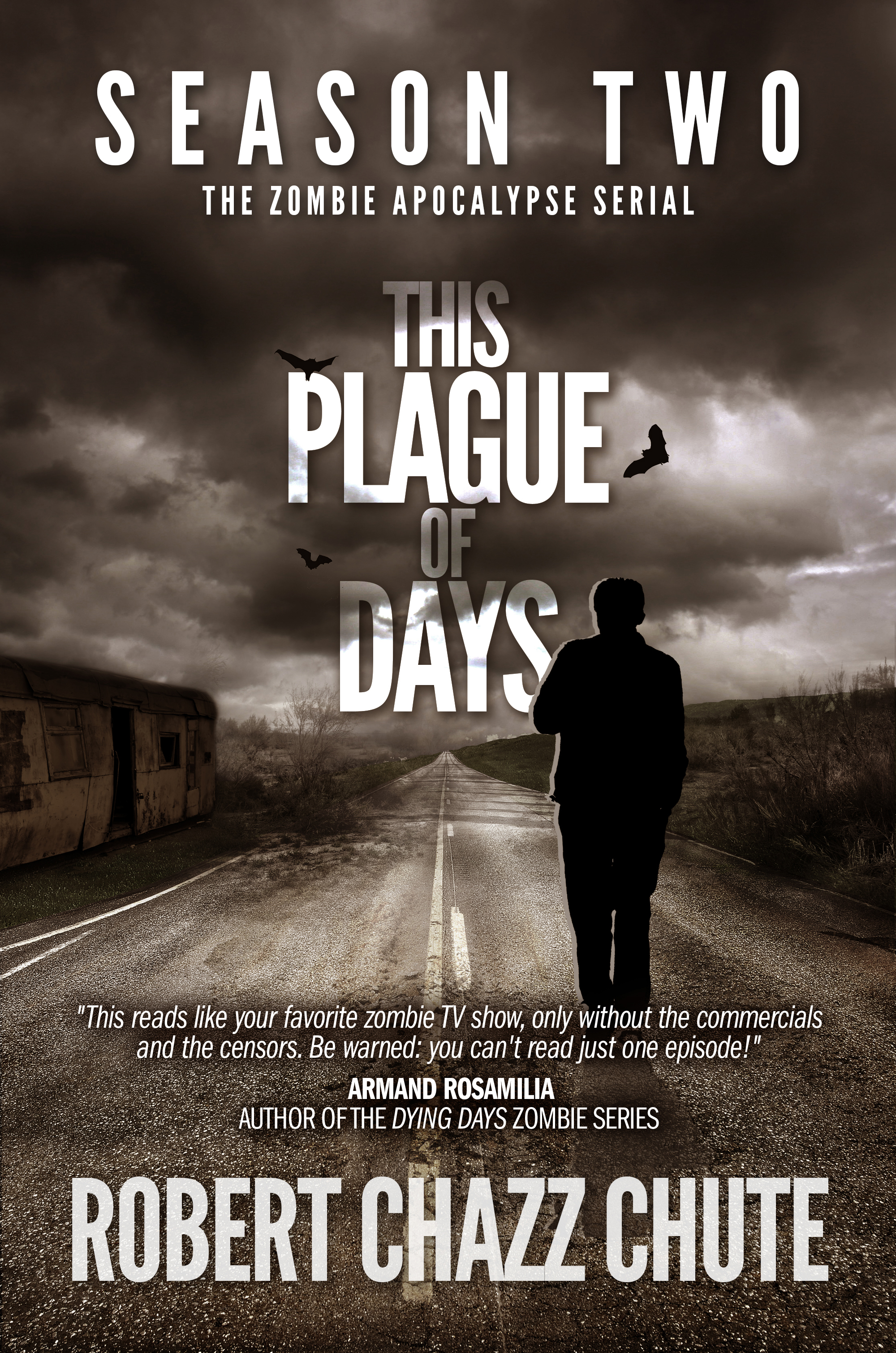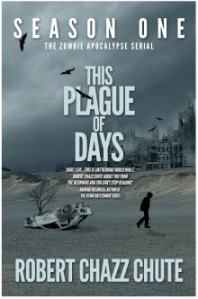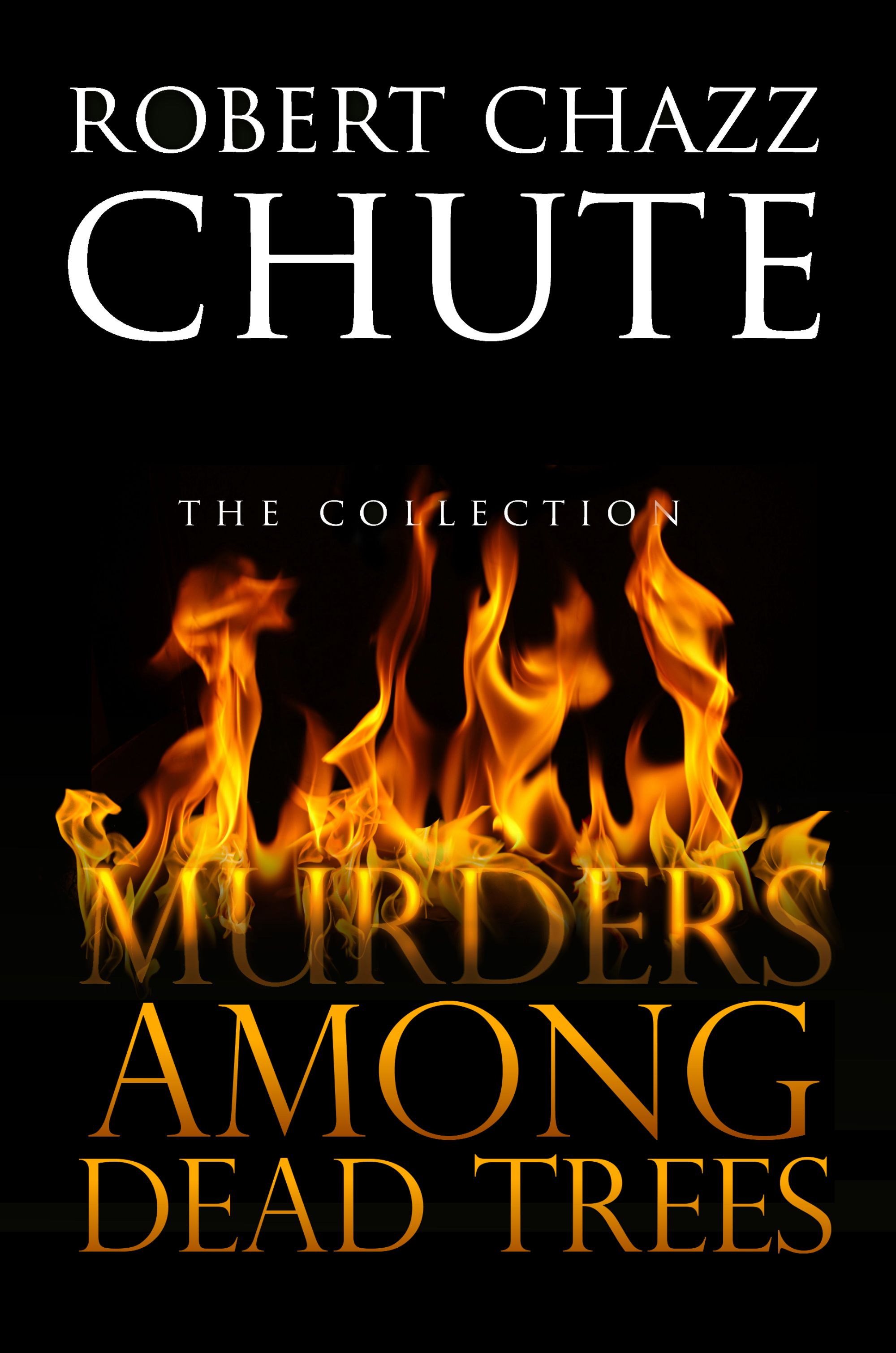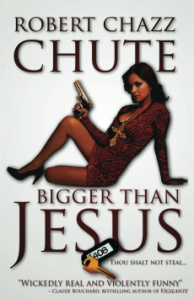When I’m not working on my latest apocalyptic WIP, I’m reading Chuck Palahniuk’s guide to writing. Consider This: Moments in My Writing Life After Which Everything was Different is a humdinger. Each short chapter mines his success and ends with simple, direct advice: “If you were my student,” I’d tell you X. From craft to how to run a writer’s group and how to make author readings extra interesting, he shares wonderful experiences and solid tips for writers at all levels. I admire his writing and bold story choices. His cynical worldview delivers on dark, perverse fun and a rich subtext of social commentary.
As a fan of Fight Club, Survivor, Choke, and Lullaby, I was curious about his writing process and what he considers good writing. I once thought I was a minimalist writer. As a former journalist who read Hemingway, I even identified as such. I was wrong, but Chuck Palahniuk is a real minimalist. Stuff happens, but he goes to great lengths to avoid judgments. At all costs, Palahniuk eschews telling readers how they should feel about plot events, no matter how disturbing. His fiction style is influenced by what straight journalistic reportage is supposed to be. For instance, X and Y happened. Draw your own conclusions. Even better if readers draw different conclusions so they can argue with each other over their literary takeaways.
Where We Differ
Recently, I followed a guided meditation in which each meditator was asked to adopt a mantra that reflected some facet of their base state. For instance, hands over heart, you could say to yourself, “I am a compassionate person dedicated to helping others.” My mantra that night was, “I explore consciousness.” In the writing context, that would send up red flags for Mr. Palahniuk.
To contrast his approach with my own, plenty of events happen in Endemic, my next novel. However, the neurotic protagonist indulges in internal commentary. Off medication and arguing with the voices in her head, Ovid Fairweather needs therapy and it shows. If you’re unfamiliar with my work, I admit I dare to do this sort of thing often. In The Night Man and AFTER Life, the main characters are conflicted souls. Ernest Jack has PTSD, a physical disability, and a fraught relationship with his criminal father. Officer Dan Harmon battles a killer artificial intelligence and brain parasites while doubting his career choices. (You ever notice that, in fiction, cops are always full of certainty they shouldn’t be off somewhere else painting watercolors? That’s not Dan in AFTER Life.)
I acknowledge writing about feelings is dangerous territory. It can drag the words too far from the plot. Every writing guide advises writers to delete “I remember…” or “I felt…” Delete the I of the eye. Be imaginative and descriptive, but don’t tell us, show us. Evoke feelings in readers instead telling them how to feel. Good advice, but there are exceptions and I do gravitate toward guidelines rather than rules. Mama Chute certainly didn’t mean to, but she raised a rebel.
What Dreams May Fail
Palahniuk advises writers to avoid dream sequences. His argument is that reality has plenty of drama and weirdness without resorting to fanciful sleep adventures that lower the stakes. I see what he’s saying and, in general, I agree. I often draw on a context of real life happenings to cushion the fiction in verisimilitude.
I can also say I’ve broken that no-dream rule on numerous occasions. To good effect, I think. (Consider This Plague of Days, Wallflower, and especially Dream’s Dark Flight). The trick to making those scenes work is to have dream life collide with reality. In real life, dreams mean nothing at all, or at least nothing to anyone other than the dreamer. If you use them in fiction, probably do so sparingly and definitely make them relevant. Inception made the use of dreams work, sure, but that’s the end of the shortlist.
How people react in stressful situations fascinates me, but if a novel is crammed with reactions alone, the story is weakened and skids to a dead stop. People can have feelings and dwell on them, but avoid pounding the reader into the ground. For example, if you’re a fan of The Walking Dead, you know the television show devolves into annoying self-parody each time Rick returns to the same drawling speech, “Things have chaaaaaaaanged!” Yeah, things have changed in the Don’t-Call-Them-Zombies Apocalypse. We get it. Move along, please.
The Rancid Pickle Jar of Self-indulgence
Endemic will be my most personal novel yet. After a furious writing session, I had to sit back and recover when I realized several true stories from my childhood fit perfectly in an adventure about desperate people trying to survive a viral apocalypse. I’m confident I’ve sifted, intertwining action and reaction sufficiently that the story is propelled forward with each new twisty revelation. My hope is that, as screwed up as my protagonist is, Ovid remains relatable. She’s an ordinary person trapped in extraordinary events, much like all of us have been trapped through the pandemic.
Warning: If your book reads like therapy for the writer alone, you’re five knuckles-deep in the Rancid Pickle Jar of Self-indulgence. This September, when Endemic is unleashed upon the world, you’ll decide if I’ve found the balance. Until then, I heartily recommend reading Chuck Palahniuk’s book on writing. You’ll undoubtedly find engaging advice that will enhance your writing and your writing life. It’s so good, I might even cowboy up and try to take all his advice with my next novel.
Until then, I’m conflicted and arguing with myself about it.
~ For links to all my books, head over to AllThatChazz.com for killer crime thrillers and apocalyptic epics. Thanks!
Filed under: writing, writing advice, writing tips, apocalyptic fiction, best books on how to write, best writing guides, books by Chuck Palahniuk, books by Robert Chazz Chute, chuck palahniuk, consider this, how to write, how to write fiction, my favorite Palahniuk books, psychological fiction, psychology in fiction, psychology of fiction, Robert Chazz Chute, the writing life, writing advice, writing fiction





